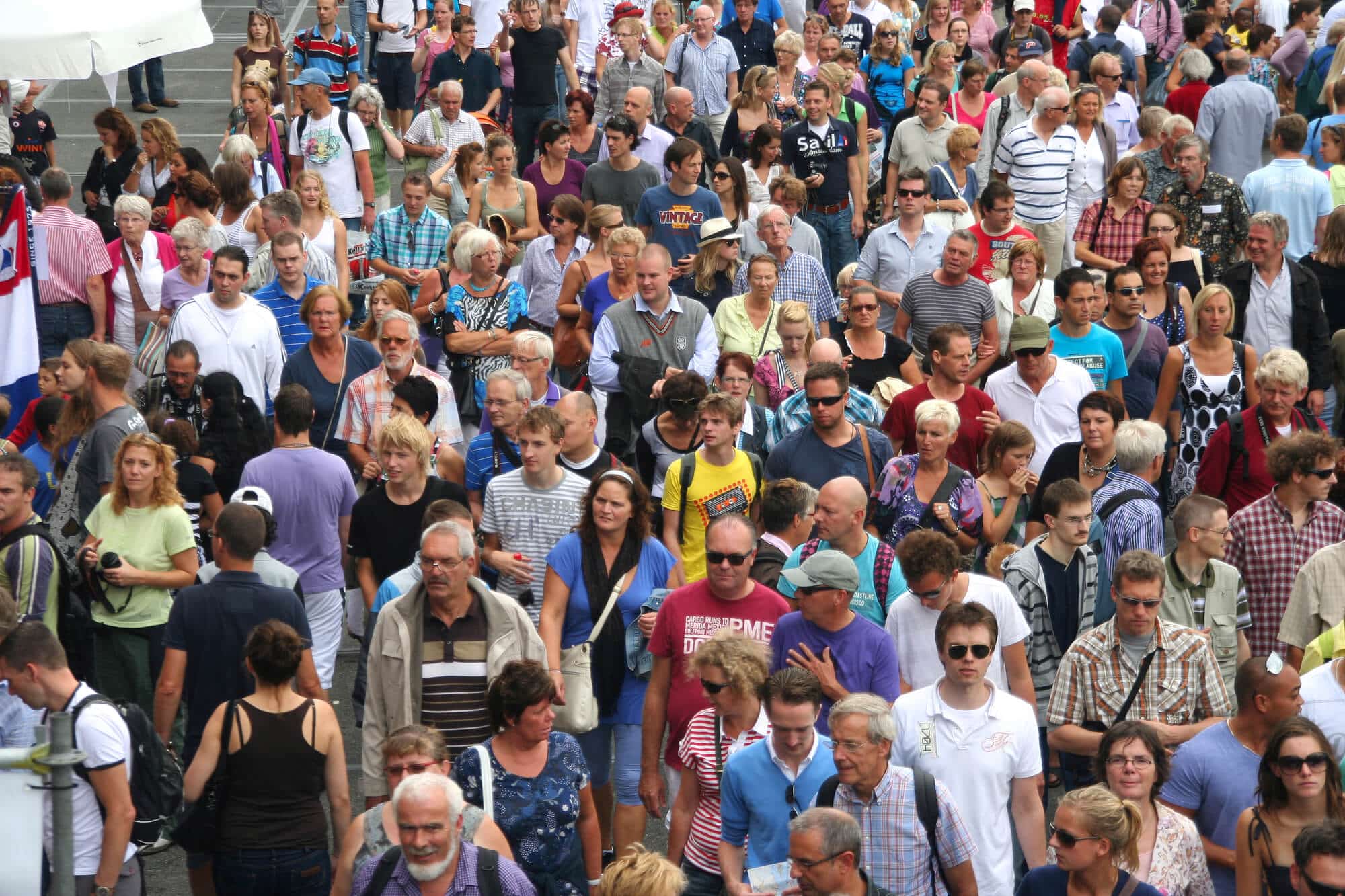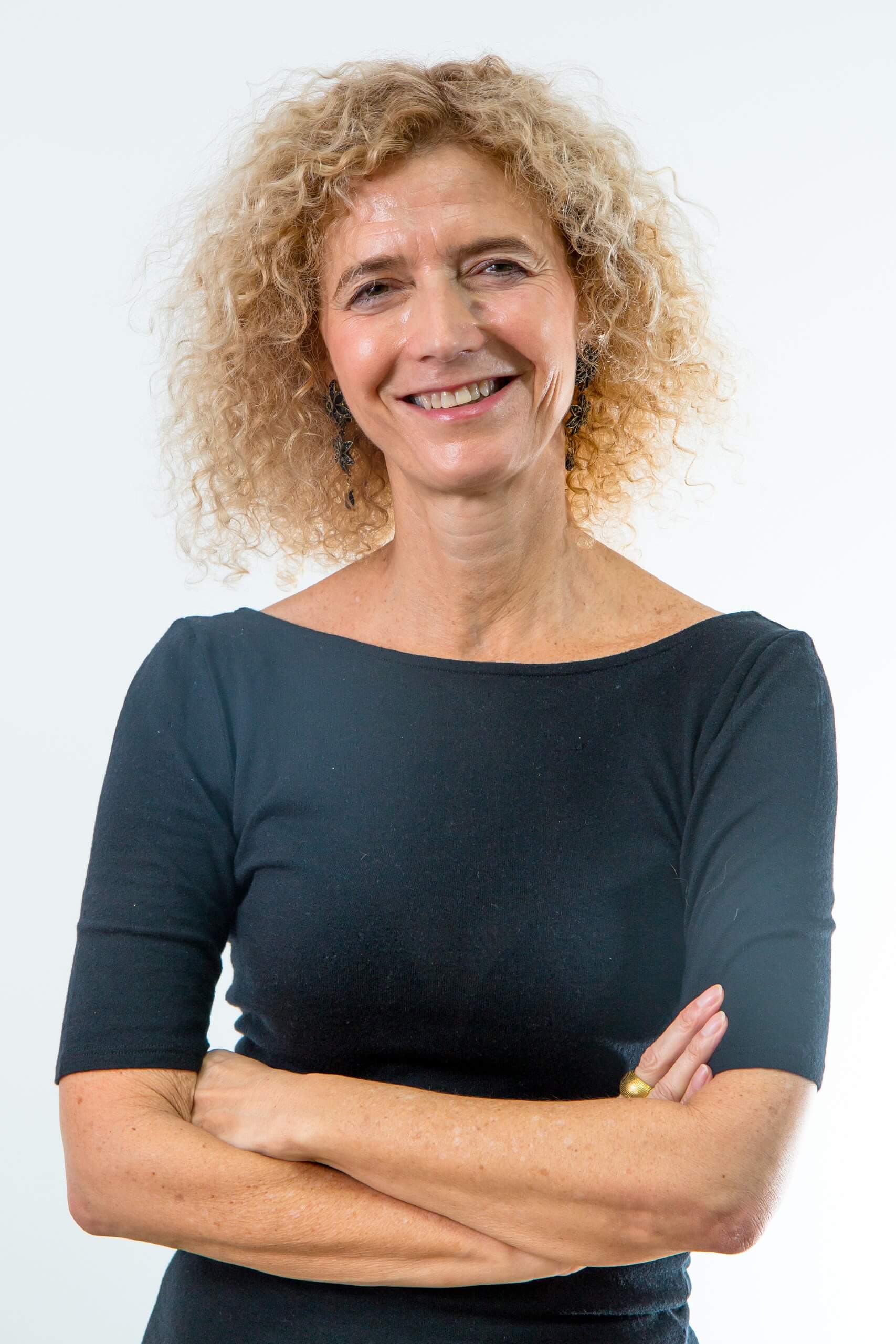We all rely on the "wisdom of crowds", but the crowd, what to do, is made up of lots of individuals who behave differently

Who among us has not had this happen? We order dinner from a restaurant that receives a very high rating, and are disappointed to find that the food is too spicy for our taste, that the portions are too small for us or that the combination of flavors is too bold for our taste. Was the crowd we trusted wrong? Not necessarily. For other people, this dinner might be perfect - but it's not what we were looking for when we were looking for a recommendation. Prof. Tova Milo from the Blavatnik School of Computer Science at Tel Aviv University, who serves as the Dean of the Faculty of Exact Sciences, researches databases - and in this context, tries to mine information from the crowd.
"I research the field of databases, and in particular the famous 'big data', and the part of it that is hidden in the minds of the masses," says Prof. Milo. "The main goal is to enable the intelligent collection of information from the crowd, in all kinds of fields and for all kinds of needs. But then the question arises: who is the crowd? Who is relevant to a particular search? An example I like to give: a person is looking for a hotel. If he is a 'spoiled prince' he prefers a five-star hotel, to be clean, for the room to shine. Another person will settle for a three-star hotel - as long as the hotel is in the city center. And a third person is traveling on business and is only interested in the price of the room. All three will stay in the same hotel and rate it completely differently. Wisdom of the crowd? The crowd is too massive. The question is how do we define the relevant crowd - and in the second step how do we find it in the sea of data available to us". Today, the existing tools for searching for the desired wisdom of the crowd are somewhat limited tools, because the relevant crowd is rigidly defined in them.
"The algorithms on which these tools are based have very specific definitions for questions like 'what is a good crowd' or 'who looks like me,'" explains Prof. Milo. "The principle insight of our research is that it is not advisable to use a predefined fixed characterization, but to conduct a task-dependent search. For example, in the hotel example: if for the most part I'm looking for people who are similar to me in everything, in this specific case I need people who are similar to me only in a very specific angle - people who enjoy vacations the way I enjoy vacations and look for what I'm looking for when I go on vacation. Their opinion is more relevant to my search than the opinions of masses of other users, even if they are more similar to me in other aspects such as education, social affiliation or residential area."
Using the research grant from the National Science Foundation, Prof. Milo and her colleagues are developing tools that will help users easily define who is the crowd that is relevant to their task.
"Ideally, we want the system to give us convenient tools to define what type of crowd is relevant to a certain task and to derive the algorithms by itself, i.e. the correct and efficient ways, to find that crowd. The ambition is that the system will know how to translate our settings into an automatic action plan for collecting the necessary information, and that all the hard work will be hidden from the user's eyes. Basically, the idea is to program a generic system, which will allow every user - private and public - to search for the crowd relevant to him for every need: from a consumer recommendation, through the chance of contracting a disease to an advertising agency that wants to know where it is worth investing the resources. The needs are at least as diverse as the 'crowd'."

Life itself:
"I guess everyone has their own scratch," says Prof. Milo, "and my scratch is running." I am addicted to running. I run 10 km every morning."
More of the topic in Hayadan:
- Five crowdfunding projects for accessories that will make your vehicle safer
- An asteroid will come close to Earth and will be visible with binoculars
- A special grant will make it possible to promote the development of a simple and cheap pill against Corona
- Prejudices, misconceptions and the future trends that will move Israel forward
- The history of cloning: the first was a frog
